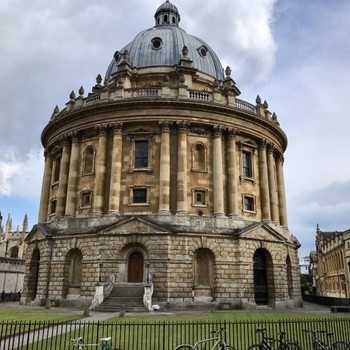Question #ca15a
2 Answers
There are many ways. I'll just show you one.
Explanation:
Imagine that there is a finite number of primes
The number
Prove by contradiction:
Considering a finite number of primes
Explanation:
We well solve this via the use of contradiction, we we can let there be a finite number of prime
And we know
But we can consider
This on the other hand is prime, as if it were not prime than we could devide it by a smaller prime and yield a natural number, we can prove this by;
let
then
were we know
But
So hence
So hence
Hence for any finite set of primes we can make a new prime, hence there is not finitely many primes
Hence there can't be a finite number of primes, hence proven via contridiction

